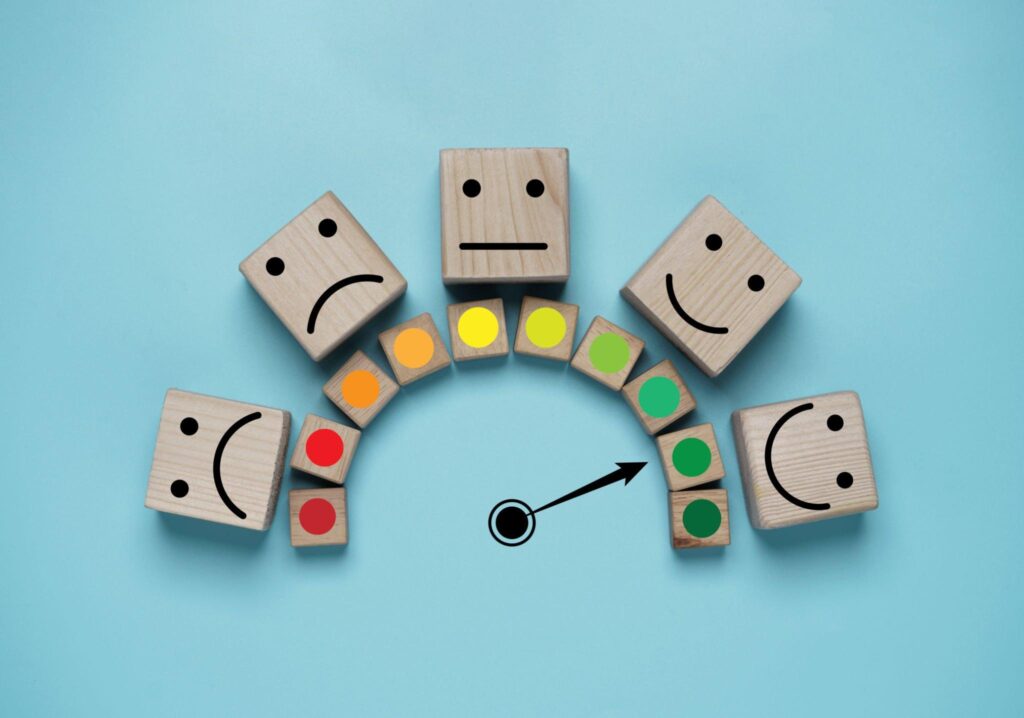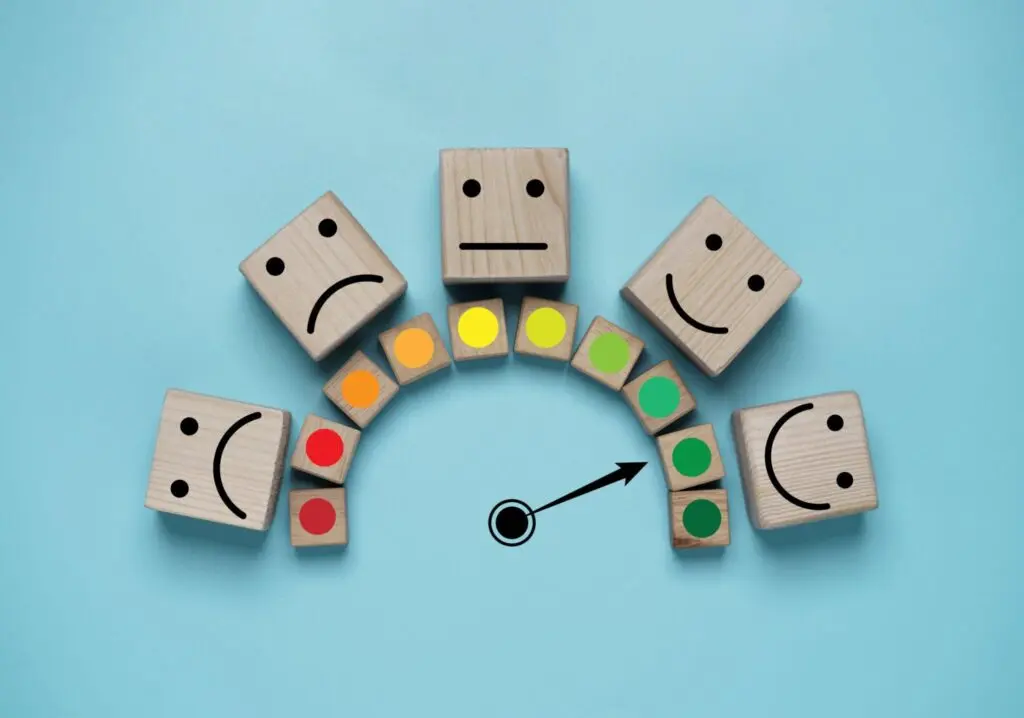Depression
Depression

Depression is a serious mood disorder that can have a profound impact on a person’s life. It is characterized by persistent feelings of sadness, emptiness, and a loss of interest in activities that were once enjoyable. While everyone experiences mood fluctuations from time to time, depression is different in that it often persists despite changes in a person’s circumstances.
The most common type of depression is major depressive disorder, which is characterized by episodes lasting at least two weeks. Depression can persist for weeks, months, or even years, and for many people, it is a chronic illness that requires ongoing treatment. It’s important to remember that depression is a real and treatable condition. If you or someone you know is struggling with depression, it’s important to seek help from a mental health professional. Remember, you are not alone, and there is help available.


Signs and Symptoms of Depression

Depression can be an overwhelming experience that can affect every aspect of your life. It may seem like everything you once enjoyed is no longer pleasurable and even the simplest tasks can feel like a burden. The symptoms of depression can vary from person to person, but there are some common signs you can look out for. Understanding these signs can help you identify if you may be dealing with depression and help you seek the right professional treatment. Some of the common signs of depression include persistently feeling sad, not finding pleasure in hobbies or activities, changes in weight or appetite, sleep issues, being easily agitated or irritable, engaging in risky behaviors, difficulty concentrating, feeling worthless, and experiencing unexplained aches and pains. If you are experiencing any of these symptoms, it is important to reach out for help and support.
Risk Factors for Developing Depression

There are several risk factors for depression, and it can affect anyone. It may stem from genetic factors or life circumstances, such as bereavement, job loss, financial struggles, trauma, or relationship problems. Mental health challenges, such as anxiety, OCD, ADHD, ADD, PTSD, or other disorders, can also contribute to depression. It is also known to run in families. To manage depression risks, you can maintain a strong social support network, get regular exercise, spend time outdoors, eat nutritious foods, and minimize stress levels. Remember, seeking help and support is vital in managing depression. At Journey Psyche, our team is always ready to help you with compassionate support and guidance.


How is Depression Diagnosed?

Depression is usually diagnosed by healthcare professionals by asking patients about their symptoms, medical history, and lifestyle habits. Additionally, they may inquire about the current medication regimen of the patient. At Journey Psyche, our experienced experts are equipped with the necessary skills and tools to help diagnose depression accurately, so that the appropriate treatment can be provided to patients.
Treatment Plans for Depression May Include
Depression can be a challenging condition to manage, but there are effective treatments available that can help you overcome it. The most used treatments for depression include Antidepressants, in combination with psychotherapy, are often the first treatment prescribed to individuals suffering from depression. If one antidepressant doesn’t work well, you might try another drug of the same class or a different class of depression medicines altogether. Your provider at Journey Psyche might also try changing the dose or even recommend taking more than one medication for your depression.

Antidepressants

There are different types of antidepressants that are commonly used to treat depression. Selective serotonin reuptake inhibitors (SSRIs) are the most used class of antidepressants. This generation of antidepressants includes drugs such as citalopram (Celexa), escitalopram (Lexapro), paroxetine (Paxil, Pexeva), fluoxetine (Prozac, Sarafem), and sertraline (Zoloft). Serotonin and norepinephrine reuptake inhibitors (SNRIs) are another type of antidepressant that is commonly used nowadays. This class of antidepressants includes venlafaxine (Effexor), desvenlafaxine (Pristiq and Khedezla), duloxetine (Cymbalta), and levomilnacipran (Fetzima). Tricyclic antidepressants (TCAs) were some of the earliest medications used to treat depression, and they are still sometimes prescribed today. Examples of TCAs include amitriptyline, desipramine (Norpramin), doxepin (Adapin, Sinequan), imipramine (Tofranil), nortriptyline (Pamelor), protriptyline (Vivactil), and trimipramine (Surmontil). Additionally, there are other medications available that work in different ways to address depression. For example, bupropion (Aplenzin, Forfivo XL, Wellbutrin) is a unique antidepressant that is thought to affect the brain chemicals norepinephrine and dopamine. Your provider at Journey Psyche can help you choose the right medication based on your specific needs and medical history. It’s essential to work closely with your provider to develop an effective treatment plan that addresses your symptoms and helps you achieve a better quality of life. Your provider at Journey Psyche can help you choose the right medication based on your specific needs. It’s essential to work closely with your provider to develop an effective treatment plan that addresses your individual symptoms and helps you achieve a better quality of life. At Journey Psyche, we understand that each person’s experience with depression is unique, and that’s why we personalize our treatments to suit your individual needs. Our team of experienced professionals can help you find the right combination of treatments that work best for you. To schedule an appointment or learn more about how we can help you manage your depression, please call our office, or book an appointment online today.
